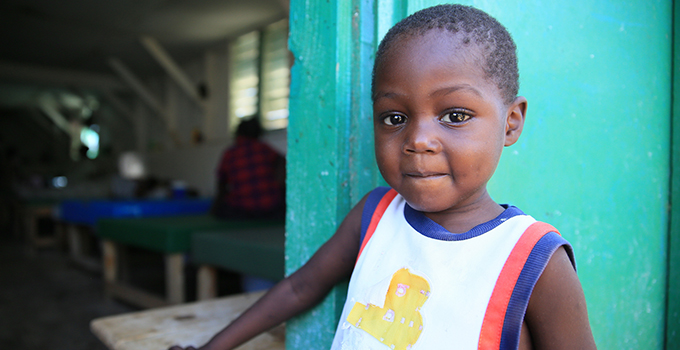
In the Americas and worldwide, people are working to build healthier municipalities, cities, and communities.
A Healthy Municipality is one that is committed to the promotion of health, well-being, and equity through the implementation of healthy, intersectoral, and participatory public policies. Each healthy municipality must base its policies on the values of the universal right to health, social justice, gender equality, solidarity, inclusion, and sustainable development.
A healthy municipality (city or community) aims to:
- Create a social and physical environment that supports health and wellbeing for all
- Provide space for community and social participation and intersectoral work to improve conditions for people’s lives
- Strengthen universal access to health and universal health coverage
- Achieve a good quality of life
In Spanish, we refer to these places as “Ciudad por el Buen Vivir”, or “City for Good Living”.
Mayors, public officials, civil society organizations, and local people all have key roles in this work of building healthy cities. They engage those responsible and those most affected. They assess the situation and plan for achieving improved conditions such as housing, education, and access to clean water and health services.
Working together across different sectors of the community, they take action to change policies and programs. Engaging others, they evaluate efforts, and communicate progress and celebrate successes.
This Healthy Cities Action Toolkit—available in English and Spanish—offers guidance for those engaged in building healthier communities. It provides tools to support each phase of the Action Cycle: to Engage, Assess, Plan, Act, Evaluate, and Communicate and Celebrate local efforts.